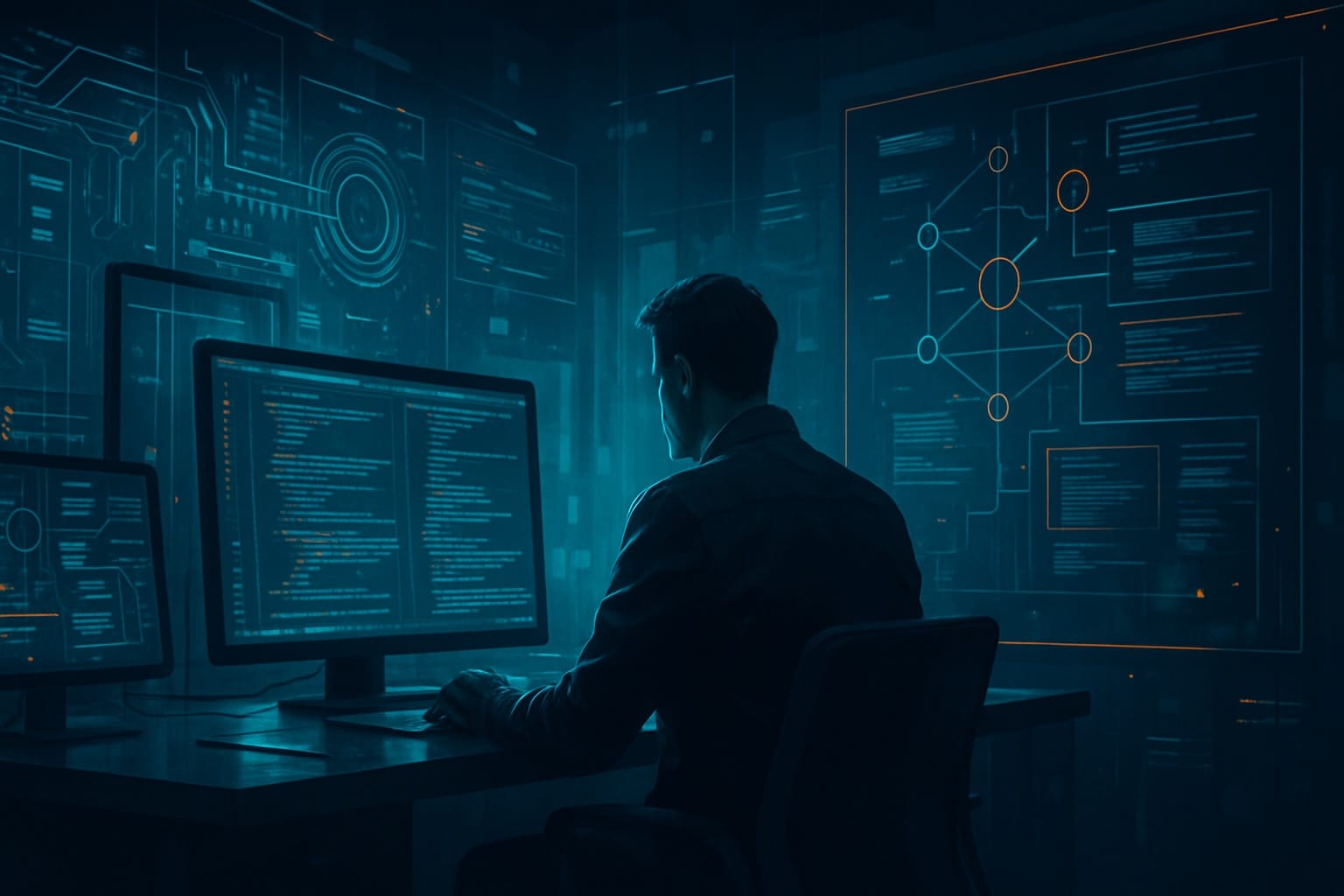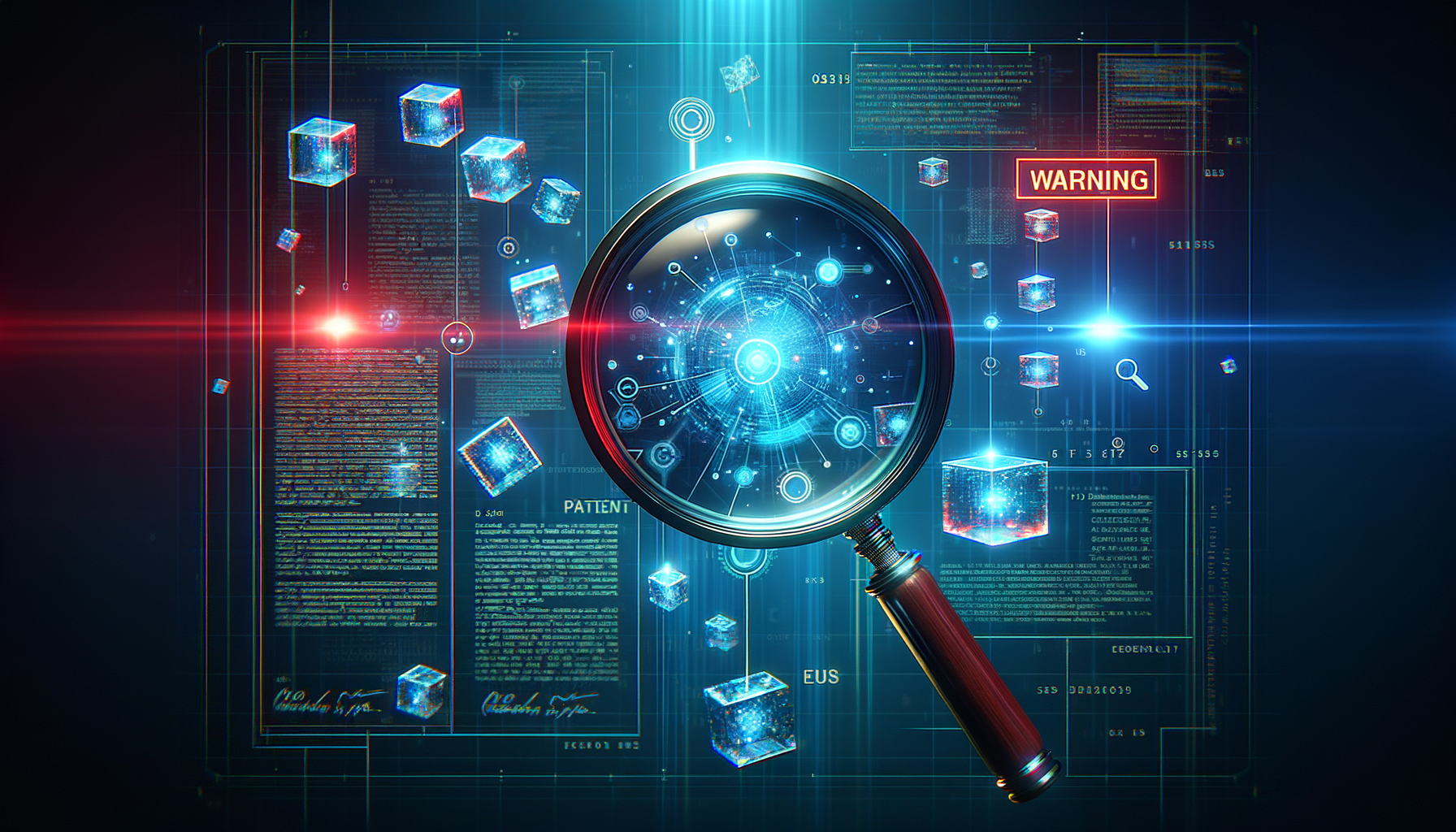Navigating the Technology Strategy Paradox in Software Development

The technology strategy paradox presents a critical challenge in the fast-paced world of software development. This paradox reflects the tension between adopting innovative technologies to remain competitive and maintaining stable, reliable systems. For a software expert witness, understanding and resolving this paradox is vital, particularly in intellectual property (IP) litigation, where technical expertise can clarify complex software disputes. Sidespin Group offers tailored strategies to address this challenge, ensuring alignment with business objectives.
What Is the Technology Strategy Paradox?
The technology strategy paradox emerges when organizations must choose between implementing cutting-edge technologies—such as artificial intelligence (AI), cloud computing, or DevOps practices—and preserving the reliability of existing systems. A software expert witness often encounters this paradox in IP litigation, where disputes may hinge on whether a technology choice caused system failures, infringed patents, or violated licensing agreements. For instance, adopting a new software framework might enhance functionality but risks introducing bugs or security vulnerabilities if not properly vetted. Conversely, clinging to outdated systems can stifle innovation, limiting scalability or competitiveness.
Non-technical stakeholders, including attorneys, may not realize that software decisions often involve trade-offs between innovation and stability. In IP litigation, a software expert witness can provide clarity by analyzing source code, system architecture, or development processes to determine whether a party’s technology choices were reasonable or negligent. For example, a case involving alleged patent infringement might require a software expert witness to evaluate whether a new feature was novel or built upon existing, patented technology. Understanding these nuances helps attorneys build stronger cases.
Strategies to Address the Technology Strategy Paradox
A software expert witness can offer valuable insights into strategies that balance innovation and stability, which are often scrutinized in IP disputes. Below are key approaches:
- Align Technology with Business Objectives
A software expert witness emphasizes aligning technology choices with organizational goals. In litigation, this alignment can be critical to determining whether a software implementation was justified. For example, adopting Agile methodologies can accelerate development cycles while maintaining stability, but improper implementation may lead to disputes over defective software. A software expert witness can analyze development records to assess whether these choices met industry standards. - Adopt Incremental Innovation
Gradual adoption of new technologies reduces risks. For instance, transitioning to microservices architecture allows organizations to modernize legacy systems without widespread disruption. In IP cases, a software expert witness might evaluate whether incremental changes infringed on existing patents or introduced vulnerabilities, providing clarity on liability. - Emphasize Testing and Security
Rigorous testing and security practices are essential. A software expert witness often reviews testing protocols to determine if they met standards like those in the OWASP Top Ten. In litigation, inadequate testing or security oversights can be pivotal, as they may indicate negligence or failure to adhere to industry norms. For example, a breach resulting from untested software could weaken a defendant’s position in an IP dispute. - Leverage Data-Driven Decisions
Data-driven insights guide technology choices. Tools like Google Analytics or performance monitoring platforms can quantify a system’s efficiency, helping a software expert witness evaluate whether a technology delivered promised benefits. In IP litigation, such data can substantiate claims about software performance or highlight deficiencies in a disputed system. - Document Decision-Making Processes
Thorough documentation is critical in IP litigation. A software expert witness often relies on development logs, version control records, or design documents to reconstruct decision-making processes. Clear documentation can demonstrate that a company acted responsibly, even if a technology choice led to unintended consequences. Resources like GitHub’s documentation guides highlight best practices for maintaining auditable records.
Why Expertise Matters in IP Litigation
In IP litigation, a software expert witness plays a pivotal role by translating complex technical concepts into clear, actionable insights. Whether evaluating patent validity, software functionality, or compliance with licensing agreements, their expertise ensures that attorneys can effectively argue their case. For instance, in a dispute over software patents, a software expert witness might analyze code to determine if it infringes on a protected algorithm, providing evidence that could sway the outcome.
Non-technical attorneys benefit from understanding that software disputes often involve intricate details, such as code dependencies, licensing terms, or system interoperability. A software expert witness bridges this gap, offering objective analysis grounded in industry standards. Their testimony can clarify whether a technology choice was innovative, negligent, or infringing, making their role indispensable in IP cases.
Partner with Sidespin Group
Navigating the technology strategy paradox requires specialized expertise, particularly when software decisions are under scrutiny in IP litigation. Sidespin Group’s team of experienced professionals provides technology strategy consulting that balances innovation and stability, ensuring technology aligns with business goals. Whether modernizing legacy systems or defending software choices in court, Sidespin Group delivers tailored solutions.
Ready to address the technology strategy paradox? Contact Sidespin Group to learn how expert guidance can support IP litigation and drive sustainable innovation.
Written by
Related Insights
Discuss your Case
- info@sidespingroup.com
- (800) 510-6844
- Monday – Friday
- 8am – 6pm PT
- 11am – 9pm ET


